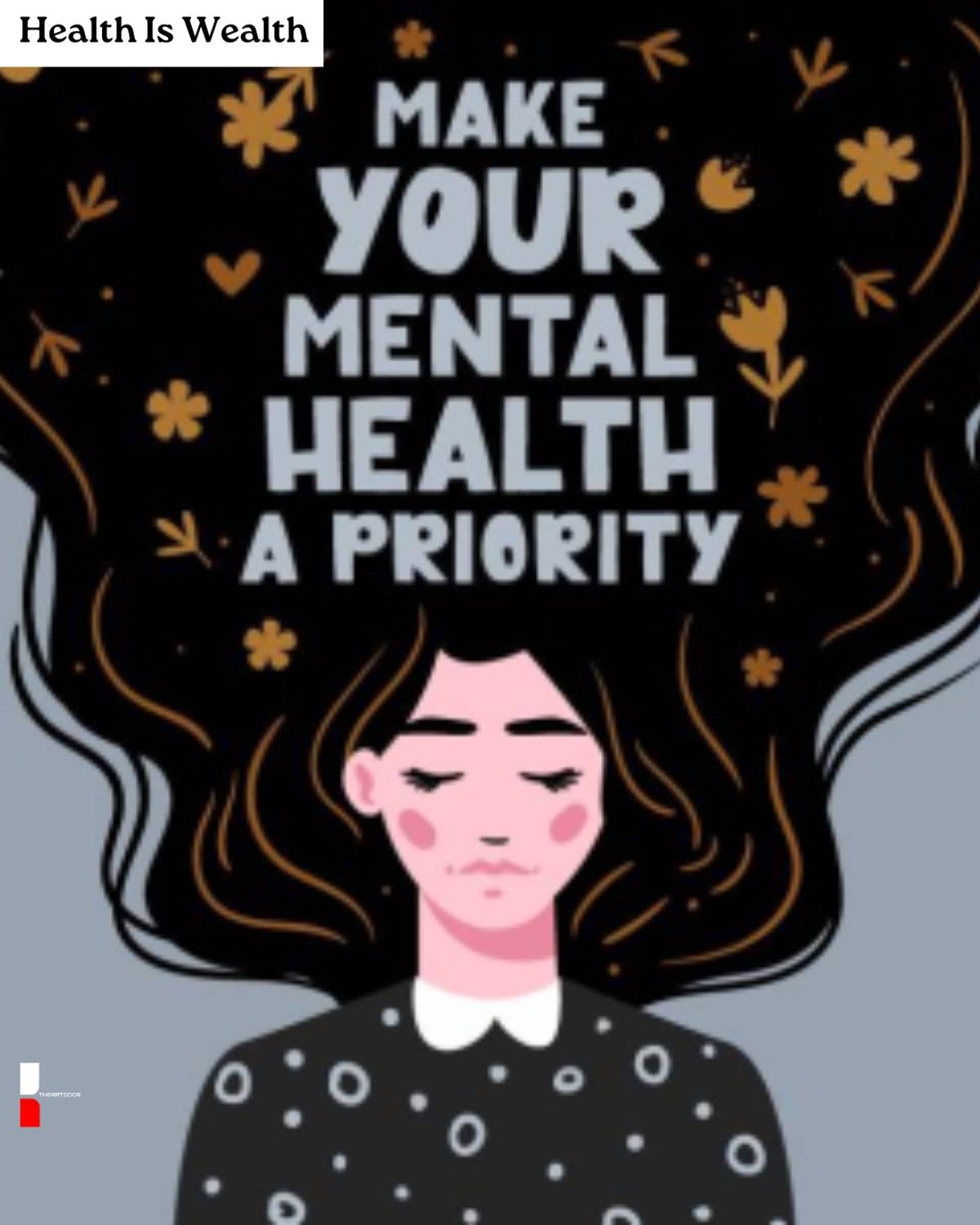Microbiome Makeover: How a Healthy Gut Can Strengthen Your Mind and Mood
By Birgit Gärtner
ShareLong seen as a mere digestive workhorse, the gut has emerged as a surprising star in modern medical science. Recent research has revealed the gut’s complex neural network, so sophisticated, in fact, that scientists now refer to it as the “second brain.” This discovery has sparked growing interest in how the gut influences our emotions, mental resilience, and overall well-being.
The Gut-Brain Axis: A Two-Way Conversation
At the center of this new understanding is the gut-brain axis, a communication highway between our digestive system and central nervous system. Popularized by German scientist and author Giulia Enders in her bestseller Gut: The Inside Story, this concept explains how the gut can send emotional signals to the brain.
Scientific experiments with mice show that animals with poor gut health are more prone to stress and give up quickly in stressful scenarios. In contrast, mice given gut-friendly probiotics not only swam longer in resilience tests but also showed lower levels of stress hormones and performed better in memory tasks.

Design [Cover], Illustration – Jill Enders, 2014 by Ullstein Buchverlage GmbH, Berlin.
The Vagus Nerve’s Critical Role
These discoveries have drawn attention to the vagus nerve, a major communication channel between the gut and brain. When researchers severed the vagus nerve in mice, the positive effects of a healthy gut disappeared, clearly showing that emotional responses can be influenced by microbial activity in the gut.
Stress signals from the brain can suppress gut function, reducing mucus production and blood flow, which in turn weakens the gut wall. Conversely, a thriving gut can uplift mood and foster resilience.
Eat Well, Feel Better: Nutrition for Gut Health
What can we do to support this delicate system? The German Nutrition Society (DGE) provides key dietary recommendations that support gut and mental health:
- Drink 6 - 8 cups of water daily
- Eat at least 5 servings of fruits and vegetables
- Include legumes weekly and nuts daily
- Choose whole grain over refined products
- Prefer plant oils like flaxseed, soybean, or olive
- Consume fish 1–2 times weekly
- Limit red meat to about 10 oz per week
Avoiding added sugars, processed foods, and fatty meats further supports gut integrity, and helps reduce the risk of heart disease, diabetes, and even certain cancers.

Photo: Schweizer Ernährungsempfehlungen
Functional Foods and the Microbiome Boom
The food industry has responded by promoting functional foods, items enriched with probiotics, fiber, or vitamins aimed at enhancing gut health. These include both conventional natural foods (like fruits and legumes) and modified products with added ingredients.
While these products are booming in popularity, many experts recommend sticking to natural sources. Whole foods tend to be more affordable, more sustainable, and free of artificial additives.

Journal of Food and Nutrition Research. 2024, 12(4), 196-205 doi:10.12691/jfnr-12-4-4
New Research from Bonn Adds Insight
In March of this year, two researchers from the University of Bonn presented groundbreaking findings at a scientific symposium titled “Gut Meets Brain: Microbiota in Neurological Disorders.” Their work confirmed that gut microbiota can directly influence brain function and that changes in the microbiome are associated with neurodegenerative and psychiatric conditions. Most notably, their study showed that targeted dietary changes can positively impact the microbiome, potentially alleviating symptoms of neurological diseases.

© Collage: Gregor Hübl/Universität Bonn (links: picturepeople; rechts: jfsaba/Universitätsklinikumbonn)
The Future: Mind, Mood, and Microbes
Since the early 2010s, research into the microbiome has exploded. Studies from institutions like the University of Bonn and the Max Planck Institute have shown how gut bacteria affect brain function, especially in areas that regulate mood and pain.
The conclusion is clear: a healthy gut not only benefits your digestion but can sharpen your mind and strengthen your emotional resilience. The next time you eat, remember, you’re not just feeding your body, you’re nourishing your second brain.
Sources:
- Giulia Enders, Darm mit Charme, Ullstein Verlag
- German Nutrition Society (DGE)
- University of Bonn & Max Planck Institute
- Journal of Food and Nutrition Research (2024)


